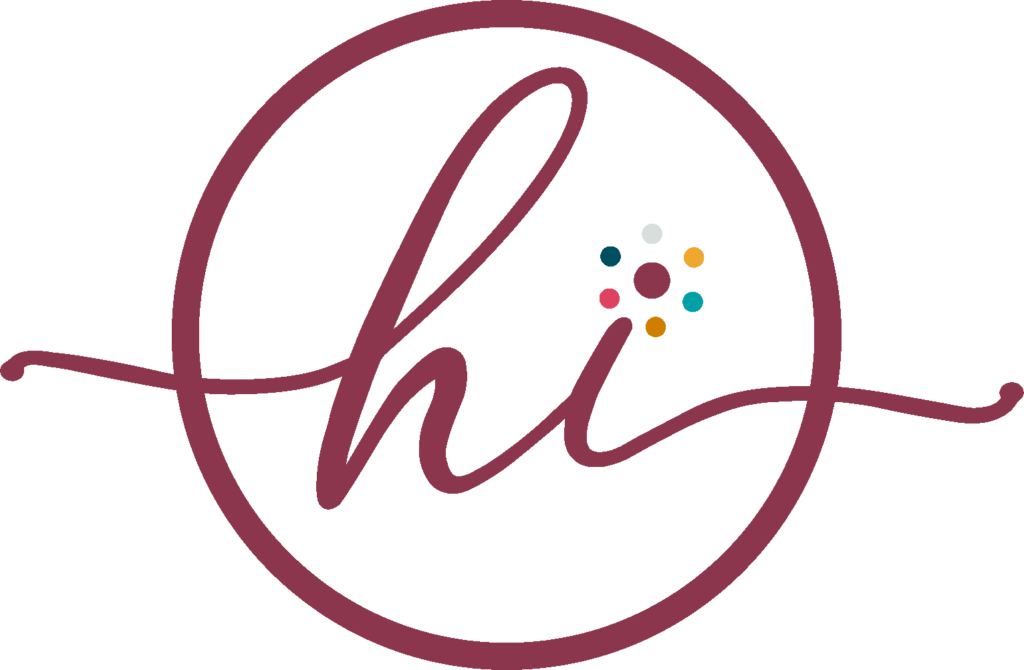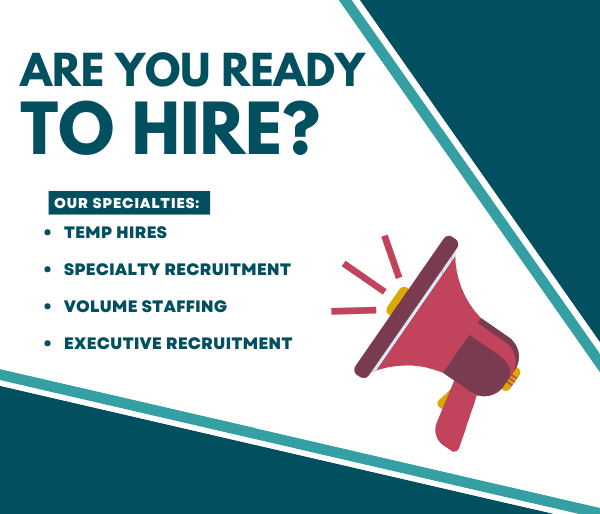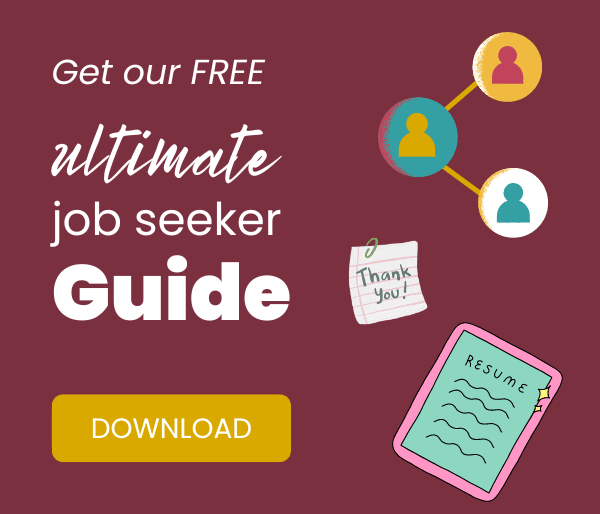Last Updated on September 20, 2024
As companies strive for growth and success, selecting the right executive to lead the way is crucial. The interview process is a key step in identifying top candidates, and asking the right questions can make all the difference. Executive interview questions provide insight into a candidate’s leadership style, problem-solving skills, and ability to navigate complex challenges.
For recruiters, these questions can help identify the best fit for the role and the company culture. In this article, we will explore 29 deep, open-ended executive interview questions and discuss the qualities that recruiters can look for in candidates’ responses. Whether you are a recruiter or an executive candidate, understanding the importance of these questions can lead to a successful and fulfilling executive hire.
Executive Interview Questions
To find the right candidate for an executive position, recruiters need to ask the right questions. Executive positions require a unique set of skills, experience, and leadership qualities that not all candidates possess. In this section, we will share 29 executive interview questions that can help recruiters assess a candidate’s suitability for a high-level position. These questions cover a wide range of topics, including leadership style, strategic planning, relationship management, talent development, and risk management. By asking these questions, recruiters can gain valuable insights into a candidate’s experience, decision-making abilities, and approach to solving complex problems.
1. What motivates you in your professional life, and how do you maintain that motivation over time?
This question aims to understand the candidate’s driving force and what motivates them to stay focused and committed to their job. The answer to this question can provide insights into the candidate’s values, career goals, and work ethic, as well as their ability to adapt and stay resilient over time.
2. What are the most significant challenges you've faced as an executive, and how did you overcome them?
This question seeks to evaluate the candidate’s problem-solving skills and their ability to navigate difficult situations. The answer can give recruiters insights into the candidate’s leadership and decision-making abilities, as well as their capacity to learn from past experiences.
3. How do you prioritize competing demands on your time and resources?
This question is designed to understand the candidate’s organizational skills and how they manage their workload. The answer can provide insight into the candidate’s ability to manage multiple priorities and delegate responsibilities effectively, which is critical for an executive role.
4. Can you share a time when you had to make a difficult decision as an executive? How did you handle it, and what did you learn from the experience?
This question is intended to evaluate the candidate’s critical thinking and decision-making skills. The answer can provide insights into the candidate’s ability to gather and analyze information, communicate effectively, and make sound judgments under pressure.
5. What do you consider your greatest professional accomplishment to date, and what role did you play in achieving it?
This question is aimed at understanding the candidate’s achievements and contributions to the organizations they’ve worked for. The answer can provide insights into the candidate’s leadership skills, teamwork, and ability to drive results.
6. How do you measure success for yourself and your team, and what metrics do you use?
This question is designed to understand the candidate’s approach to measuring performance and driving results. The answer can provide insights into the candidate’s leadership style, management philosophy, and ability to set and achieve goals.
7. What is your leadership style, and how do you adapt it to different situations and team members?
This question seeks to evaluate the candidate’s leadership skills and their ability to manage and motivate a team. The answer can provide insights into the candidate’s communication skills, empathy, and adaptability.

8. Can you describe a time when you successfully implemented change in an organization, and what strategies did you use to ensure adoption?
This question is intended to understand the candidate’s change management skills and their ability to implement new ideas and strategies. The answer can provide insights into the candidate’s ability to lead and inspire others and their approach to problem-solving.
9. How do you foster innovation within your team, and what processes do you have in place to support it?
This executive interview question is designed to understand the candidate’s approach to innovation and creativity. The answer can provide insights into the candidate’s ability to inspire and motivate a team, their openness to new ideas, and their ability to create a culture of innovation.
10. How do you ensure that your team is aligned with the broader goals and vision of the organization?
This question is aimed at understanding the candidate’s ability to align team goals with the organization’s overall strategy. The answer can provide insights into the candidate’s leadership style, communication skills, and ability to create a sense of purpose and direction.
11. What is your approach to risk management, and how do you balance risk with opportunity?
This question is intended to understand the candidate’s approach to managing risks and opportunities in a business context. The answer can provide insights into the candidate’s decision-making skills, ability to weigh trade-offs, and ability to manage uncertainty.
12. Can you share a time when you had to manage a crisis, and how did you handle it?
This question aims to evaluate the candidate’s crisis management skills and their ability to respond to unexpected challenges. The answer can provide insights into the candidate’s decision-making abilities under pressure, communication skills, and ability to lead a team through difficult times.
13. How do you build and maintain relationships with key stakeholders, including clients, investors, and board members?
This question is designed to understand the candidate’s relationship-building skills and their ability to navigate complex business relationships. The answer can provide insights into the candidate’s communication skills, emotional intelligence, and ability to negotiate and influence key stakeholders.
14. What do you believe is the role of an executive in driving corporate social responsibility and sustainability initiatives?

This question is aimed at understanding the candidate’s perspective on corporate social responsibility and sustainability, and their role as an executive in driving these initiatives. The answer can provide insights into the candidate’s values, leadership style, and ability to balance business objectives with social and environmental considerations.
15. How do you keep up with emerging trends and technologies that could impact your business?
This question is intended to understand the candidate’s approach to continuous learning and development, as well as their ability to stay ahead of industry trends and developments. The answer can provide insights into the candidate’s curiosity, adaptability, and ability to leverage new technologies and ideas to drive business growth.
16. How do you approach conflict resolution, and how do you handle disagreements or difficult conversations with team members or stakeholders?
This question aims to evaluate the candidate’s ability to handle difficult conversations and conflicts in a constructive and positive manner. The answer can provide insights into the candidate’s communication skills, emotional intelligence, and ability to manage relationships with team members and stakeholders.
17. How do you balance the needs of different stakeholders, such as shareholders, employees, and customers?
This question is designed to assess the candidate’s ability to balance competing priorities and make decisions that align with the interests of different stakeholders. The answer can provide insights into the candidate’s decision-making abilities, leadership style, and ability to manage relationships with key stakeholders.
18. Can you describe a time when you had to build a new team or department, and what steps did you take to ensure success?
This question is intended to understand the candidate’s ability to build and lead successful teams. The answer can provide insights into the candidate’s leadership style, communication skills, and ability to set goals, motivate and develop team members, and build a strong team culture.
19. How do you manage resources, including budget and personnel, to achieve organizational goals?

This question aims to evaluate the candidate’s ability to manage resources effectively and make strategic decisions that align with organizational goals. The answer can provide insights into the candidate’s financial acumen, leadership style, and ability to balance short-term and long-term goals.
20. What do you consider to be the biggest risks facing your industry, and how do you mitigate them?
This question is designed to understand the candidate’s perspective on risk management and their ability to identify and mitigate potential risks to the organization. The answer can provide insights into the candidate’s strategic thinking, risk assessment skills, and ability to make data-driven decisions.
21. How do you balance the demands of a fast-paced, high-pressure work environment with the need for work-life balance?
This executive interview question is intended to understand the candidate’s approach to work-life balance and their ability to manage stress and prioritize self-care. The answer can provide insights into the candidate’s emotional intelligence, self-awareness, and ability to maintain focus and productivity under pressure.
22. Can you share a time when you had to pivot your strategy or business model, and what lessons did you learn from the experience?
This question aims to evaluate the candidate’s ability to adapt to change and make strategic pivots in response to evolving business needs. The answer can provide insights into the candidate’s agility, creativity, and ability to learn from failure and apply those lessons to future challenges.
23. How do you manage talent development and succession planning within your team?
This question allows recruiters to assess the candidate’s ability to develop and retain talent within their team. The response provides insight into the candidate’s leadership style, their ability to identify and cultivate high-potential employees, and their commitment to creating a pipeline of future leaders.
24. How do you balance short-term and long-term goals for your organization?
This question helps recruiters evaluate a candidate’s strategic thinking and their ability to balance competing priorities. The response provides insight into the candidate’s approach to decision-making, their understanding of the broader market and industry trends, and their ability to align organizational goals with long-term growth objectives.
25. Can you describe a time when you had to navigate a difficult regulatory environment, and what strategies did you use to ensure compliance while still achieving business goals?
This question helps recruiters assess a candidate’s ability to manage risk and navigate complex regulatory environments. The response provides insight into the candidate’s understanding of relevant regulations, their ability to prioritize compliance requirements, and their ability to develop effective compliance strategies.
26. What is your approach to conflict resolution, and how do you handle disagreements or difficult conversations with team members or stakeholders?
This question allows recruiters to evaluate a candidate’s interpersonal skills, emotional intelligence, and leadership style. The response provides insight into the candidate’s ability to manage conflict, their communication skills, and their commitment to building positive relationships with stakeholders.
27. Can you share a time when you had to lead a major organizational change, such as a merger or acquisition?
This question helps recruiters evaluate a candidate’s change management skills and ability to lead during periods of transition. The response provides insight into the candidate’s approach to change, their ability to communicate a vision for the future, and their ability to manage stakeholders through the transition process.
28. Can you describe a time when you had to navigate a challenging organizational culture, and what steps did you take to address it?
This question helps recruiters evaluate a candidate’s ability to create a positive organizational culture and address cultural issues that may be impeding organizational success. The response provides insight into the candidate’s leadership style, their ability to diagnose cultural issues, and their ability to implement effective culture change initiatives.
29. How do you manage relationships with external partners, such as vendors, suppliers, or strategic alliances?
Recruiters ask this question to gain insights into a candidate’s ability to form and maintain strong relationships with external partners, which can be a key factor in driving business success. The ideal candidate will have a track record of building and maintaining productive partnerships with vendors, suppliers, and other key players in the industry. They should be able to demonstrate their ability to negotiate effectively, communicate clearly and manage expectations of external partners.
Wrapping Up – Executive Interview Questions

In conclusion, asking the right executive interview questions is essential for recruiters to identify the right candidates for their organizations. It helps them to understand the candidate’s leadership style, problem-solving skills, ability to manage and motivate teams, and strategic thinking capabilities.
By using a structured interview process and asking these questions, recruiters can gain valuable insights into a candidate’s past experiences and how they handle different situations. This information can help them make informed decisions about who would be the best fit for the role and the organization’s overall goals. Therefore, it is crucial to prepare well and ask relevant and open-ended questions that delve into the candidate’s professional and personal experiences. With the right questions, recruiters can identify the top talent that can drive their organization’s success and growth.
Want to Read More about Related Subjects?

Emily Rushton, Founder and CEO of Hire Integrated, has over a decade of experience in recruitment, helping companies solve high-volume hiring challenges. Her unique, storytelling approach has made her a trusted leader in the industry, helping both businesses and candidates succeed.








